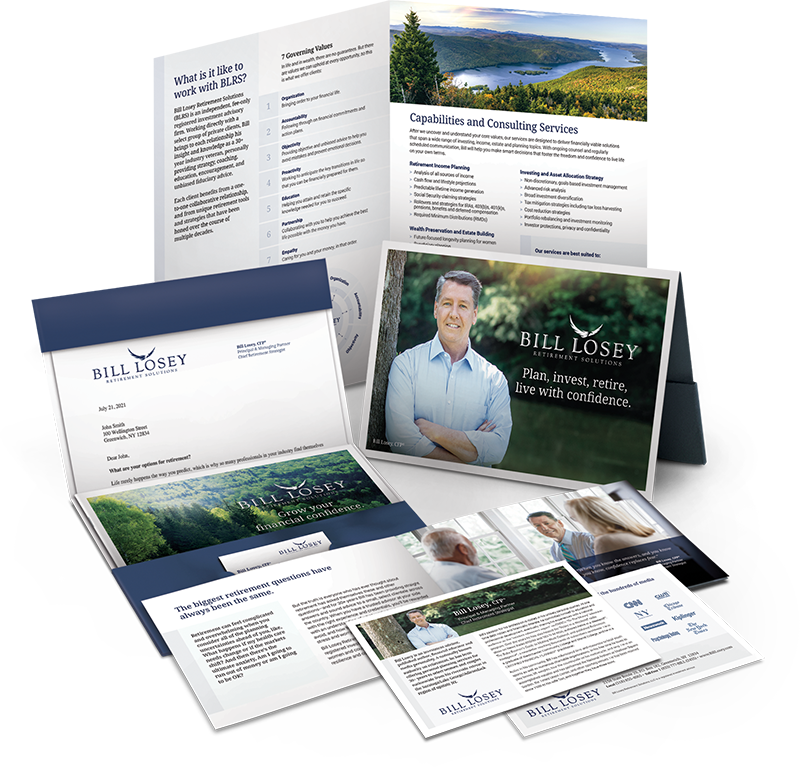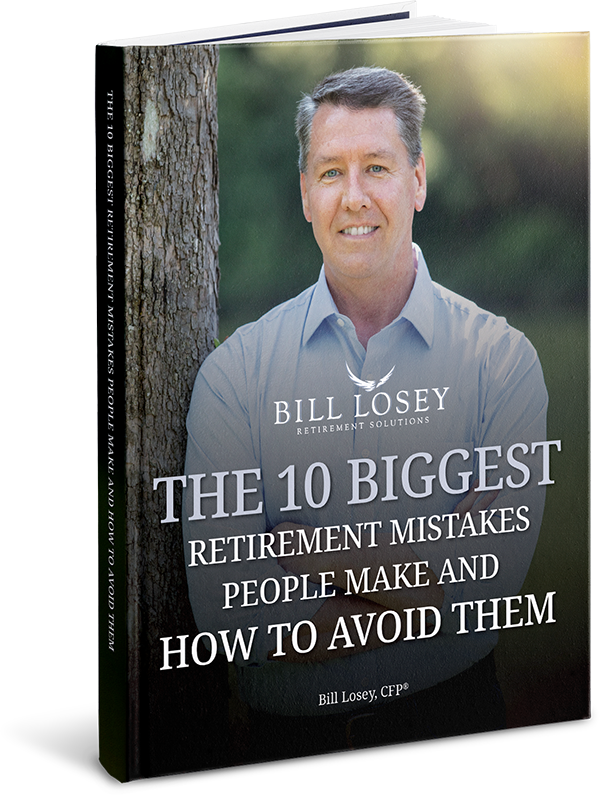Should You Reduce Risk Exposure as You Get Older?
If you move away from stocks with age, are you making a mistake? For some time, financial professionals have encouraged investors to lessen their exposure to the stock market as they get older. After all, a 60-year-old has less time to recover from a market downturn than someone decades away from collecting Social Security checks.
Is that conventional thinking flawed? It might be. It isn’t simply a matter of looking at the future; you may also want to look at the past.
What’s the price of playing not to lose? It could be significant – at least in terms of opportunity cost. At this moment, how many people really want to shift money into fixed-rate investments?
Obviously, bonds, CDs and money market accounts will always hold some appeal as they tout protection of principal. Aside from that sense of safety, how does a 1% or 2% return sound? The dawn of the second quarter of 2014 saw rates on 5-year CDs “bounce back” to the neighborhood of 2.25-2.5%, a far cry from the 5-6% yields of previous decades.
While the Federal Reserve is necessarily winding down its stimulus effort, Janet Yellen and other Fed officials have continued to maintain that interest rates will remain at historic lows well into 2015 and perhaps into 2016. In fact, Yellen recently commented that deflation constitutes a bigger economic hazard to the U.S. than inflation. So the question remains: “When will rates finally rise?” The answer still remains hazy.
As the Fed and the European Central Bank have been flooding the global economy with cheap money, the tame inflation of the past few years may give way to something greater. Fixed-rate investments are great tools for diversifying a portfolio, but retirees and pre-retirees with significant assets in investments yielding 1-2% will start wincing if inflation gets back to 4-5%.
The risk appetite of institutional investors seems to be increasing, and individual investors might want to pay attention to the signals. In a survey released in the first weeks of 2014 by the investment management firm BlackRock, roughly 50% of respondents indicated a desire to put money into real estate, while approximately 33% signaled a reduction in cash holdings.
As many people haven’t saved enough for retirement to begin with, they more or less have to stay in stocks or other forms of equity investment. Instead of shifting their focus from wealth accumulation to wealth preservation, they need to focus on both. Accepting more risk may be necessary as they seek suitable returns.


